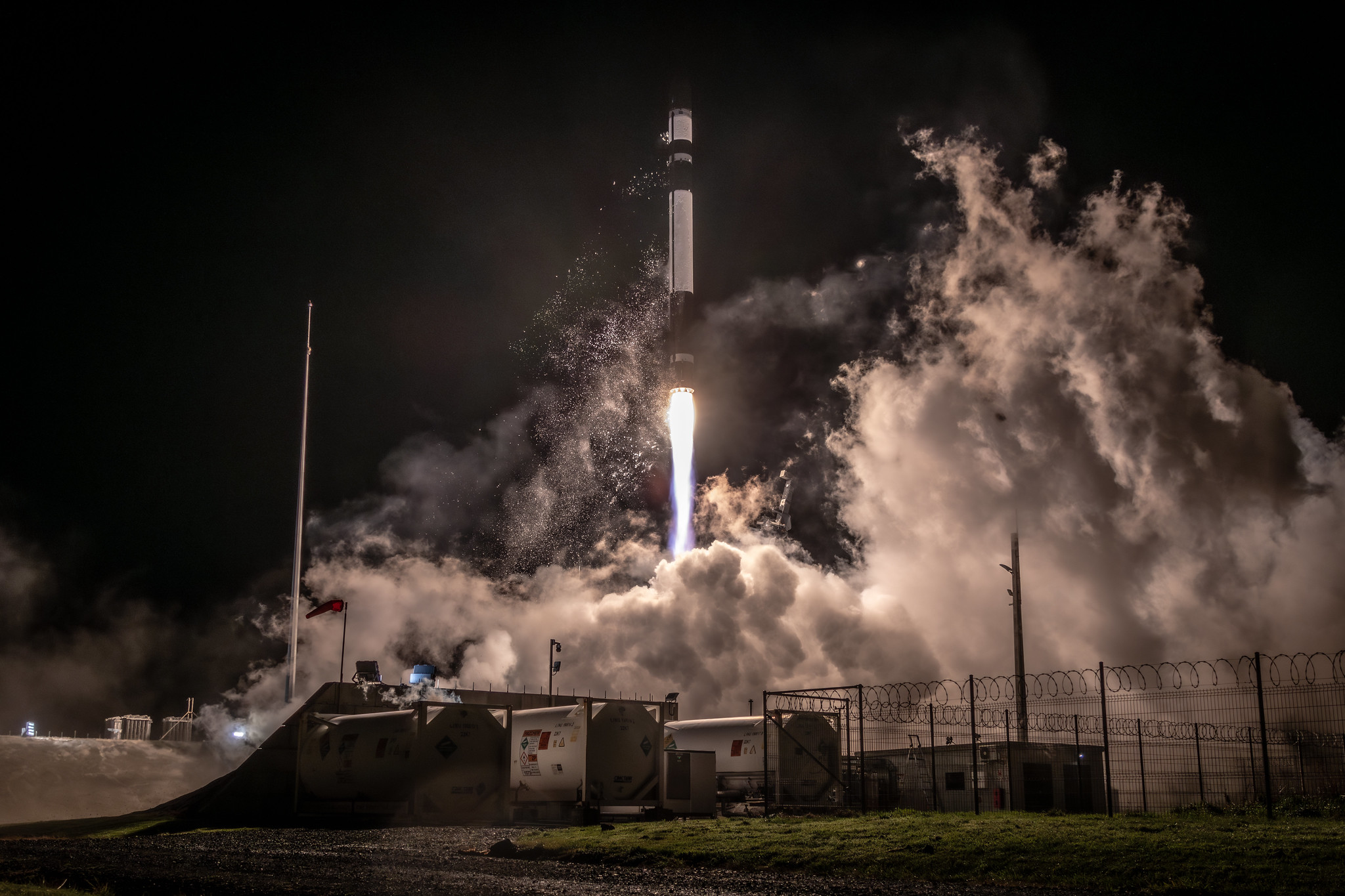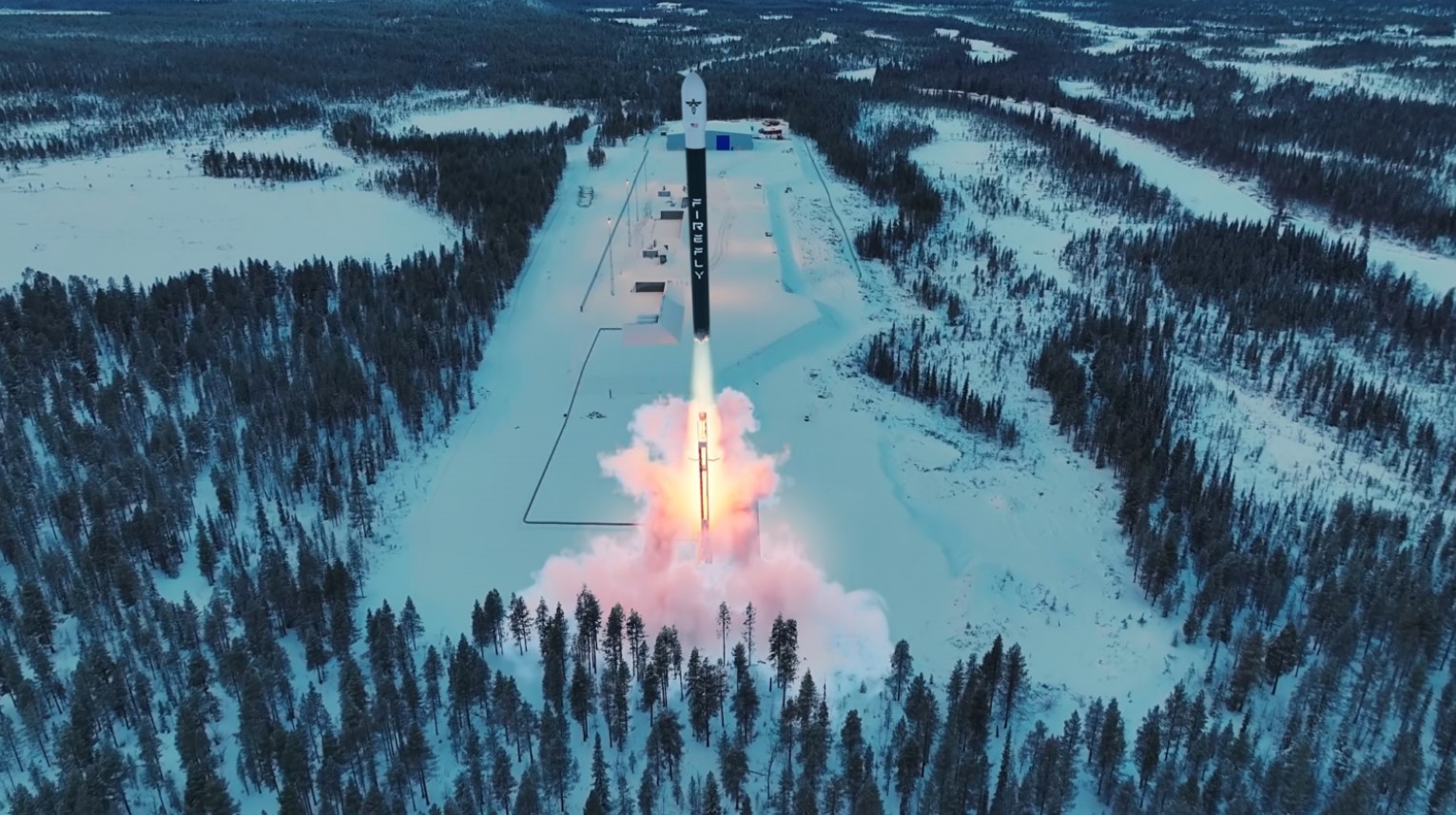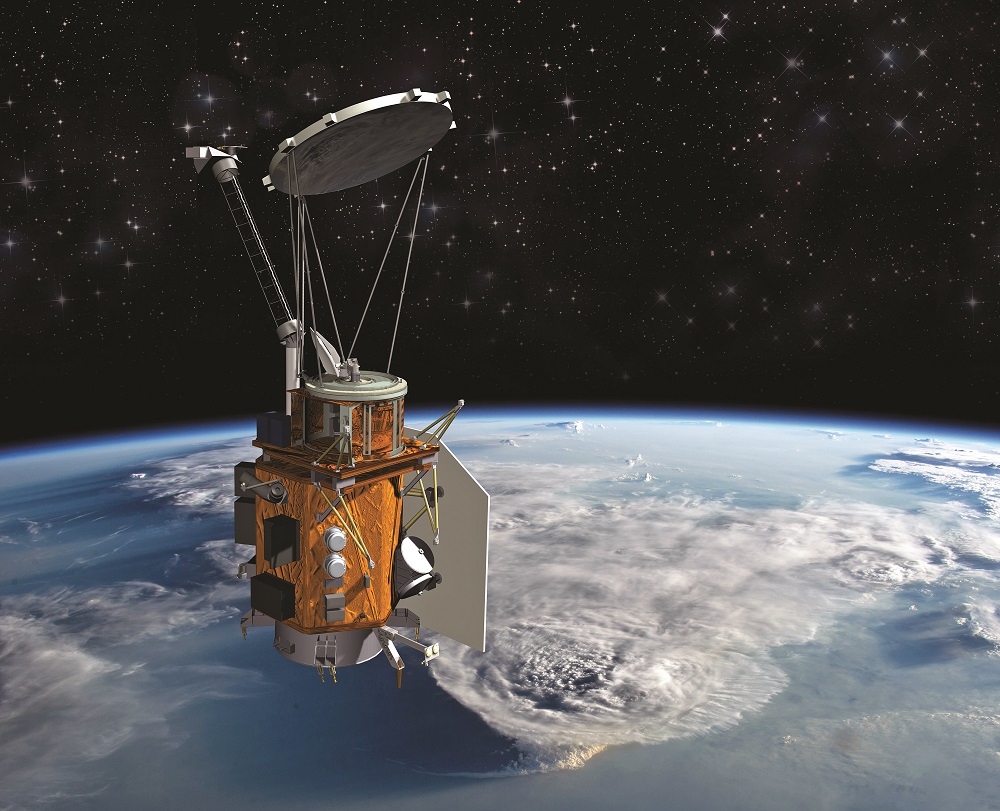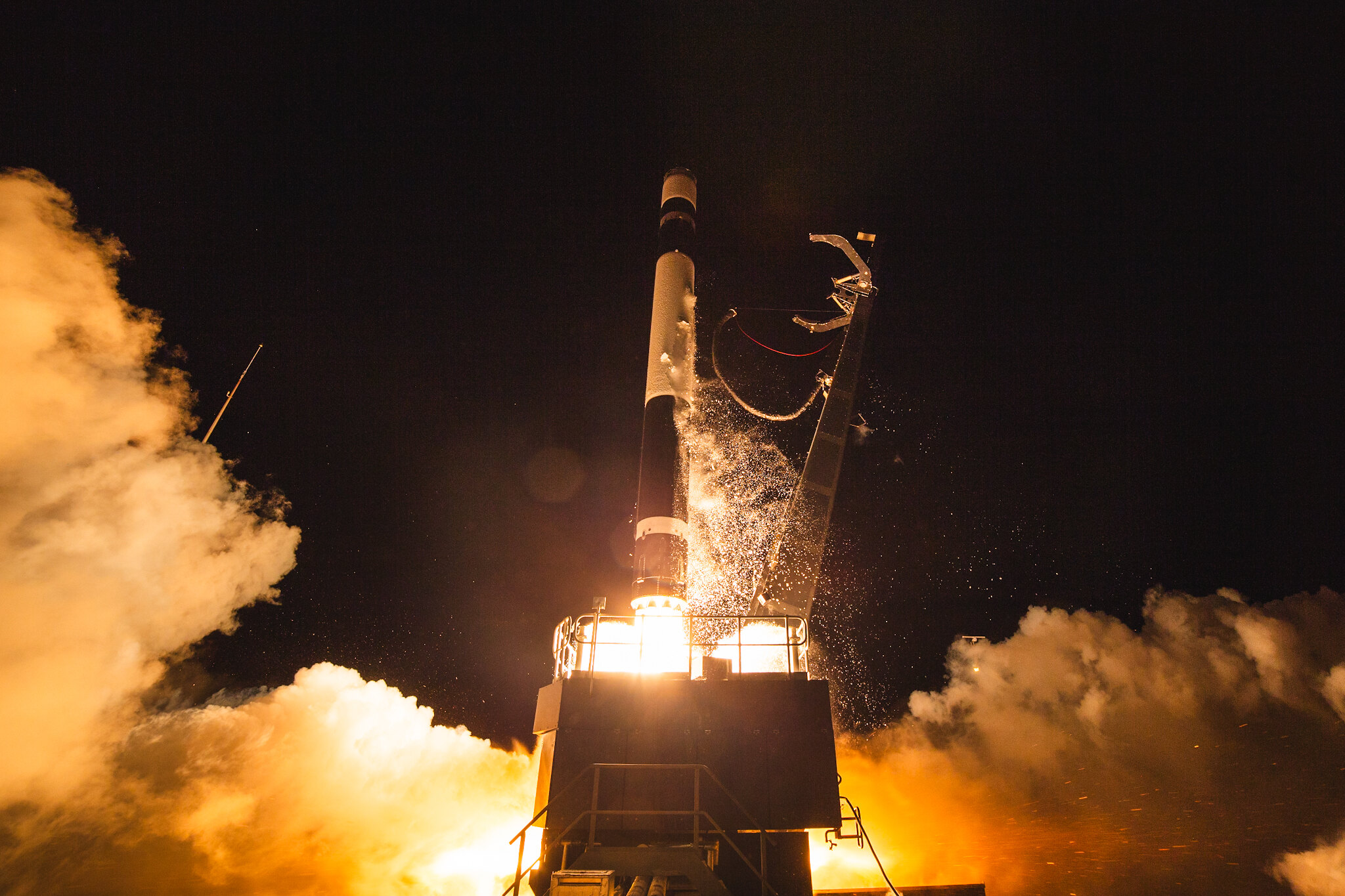WASHINGTON — A Rocket Lab Electron placed an undisclosed satellite into orbit June 28 on the company’s second launch within 48 hours and fourth this month.
The Electron lifted off from Rocket Lab’s Launch Complex 1 in New Zealand at 3:08 a.m. Eastern. The rocket’s kick stage deployed its payload into a 650-kilometer sun-synchronous orbit less than an hour later.
Rocket Lab did not disclose any details about the payload beyond its orbit, stating that it was for a confidential customer. That customer signed a contract less than four months ago for this launch as well as a second mission scheduled before the end of the year.
Speculation about the identity of the customer has focused on EchoStar. That company is deploying a constellation of smallsats called Lyra for Internet of Things services, having launched two on SpaceX Transporter missions earlier this year. An illustration of a satellite in the mission patch for this Electron launch is similar to previously released illustrations of Lyra satellites.
The launch was the second Electron mission in less than 48 hours, after an Electron launch from the other pad at Launch Complex 1 June 26 placing four HawkEye 360 satellites into orbit. That is the shortest turnaround time to date between launches at that site.
“The future of space is built on proven performance, and Electron continues to deliver against a stacked launch manifest this year,” Peter Beck, chief executive of Rocket Lab, said in a statement after the launch.
This was also the fourth launch in June for Electron, a tally that includes a June 2 launch of a BlackSky imaging satellite and a June 11 launch of a radar imaging satellite for Japanese company iQPS. Rocket Lab has performed 10 Electron launches this year, and company executives previously stated they expect to conduct more than 20 launches in 2025.
Related



